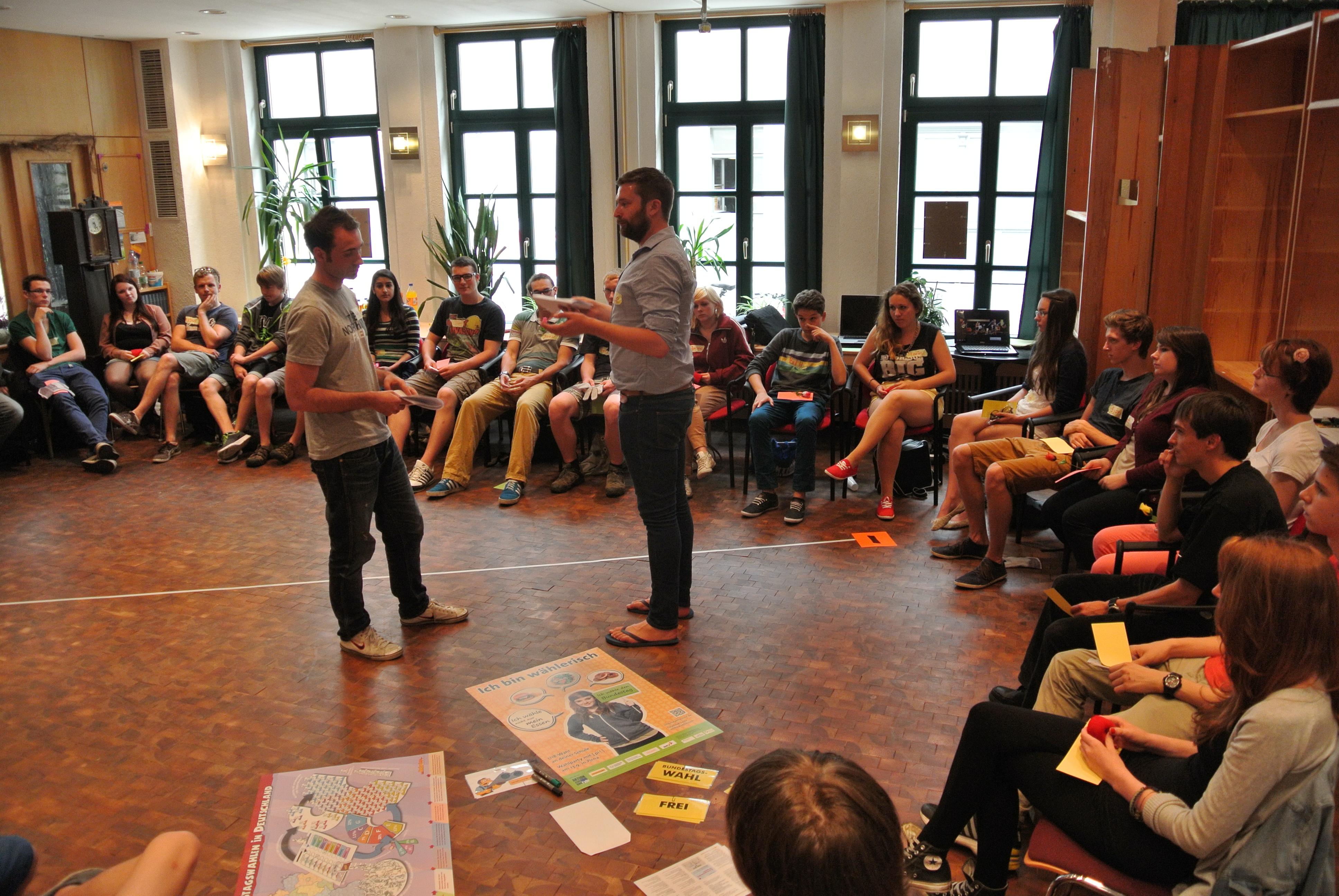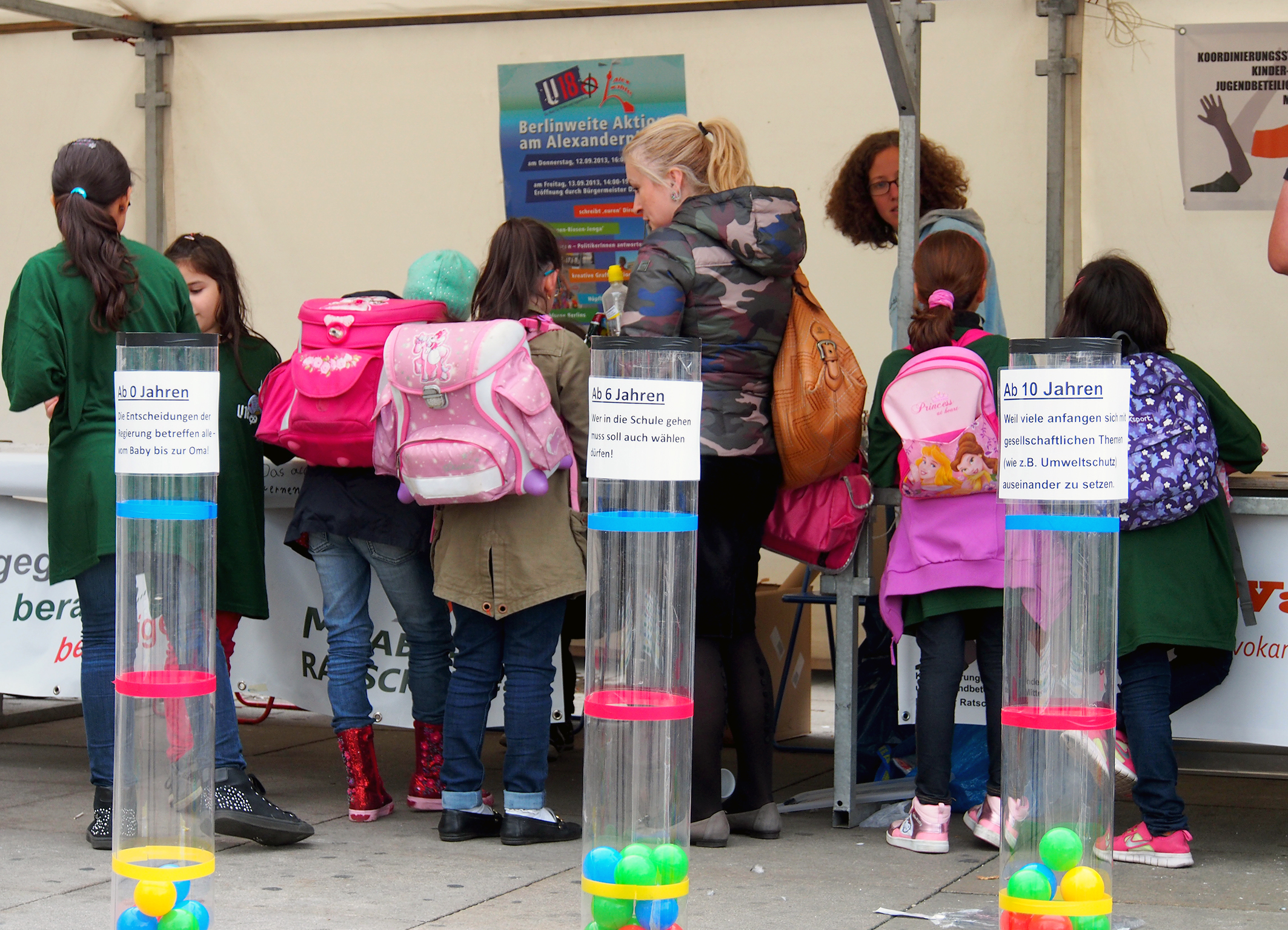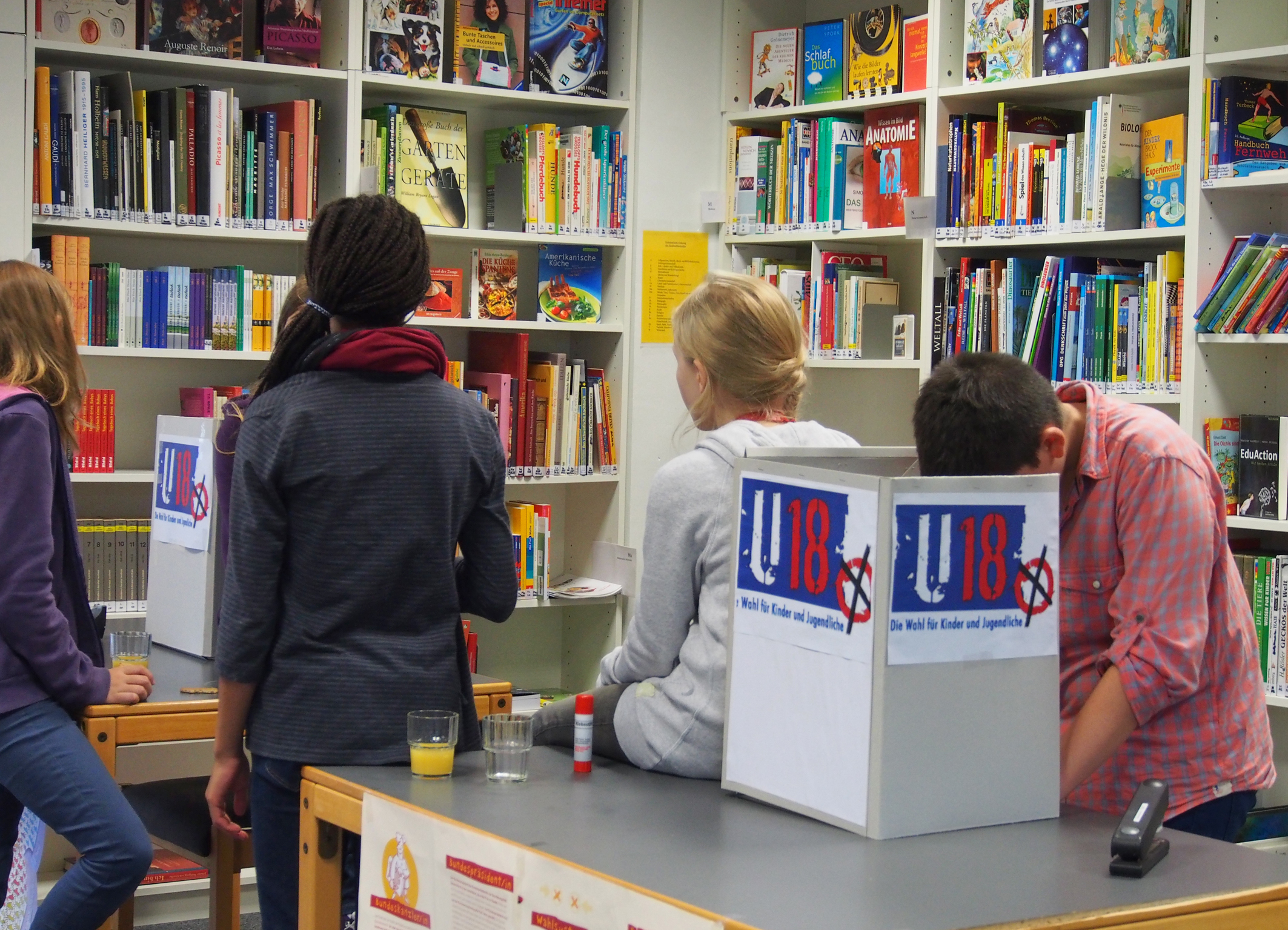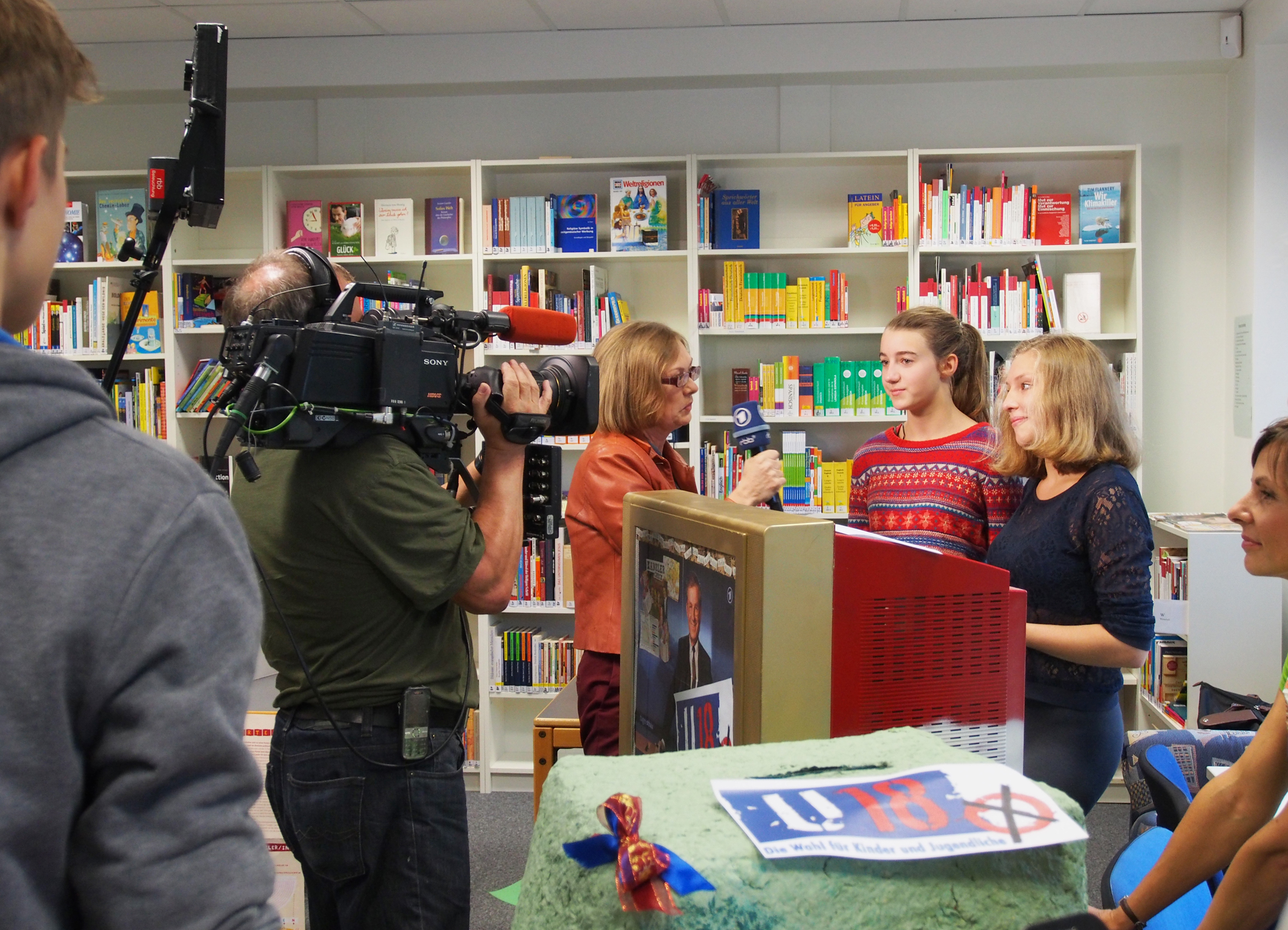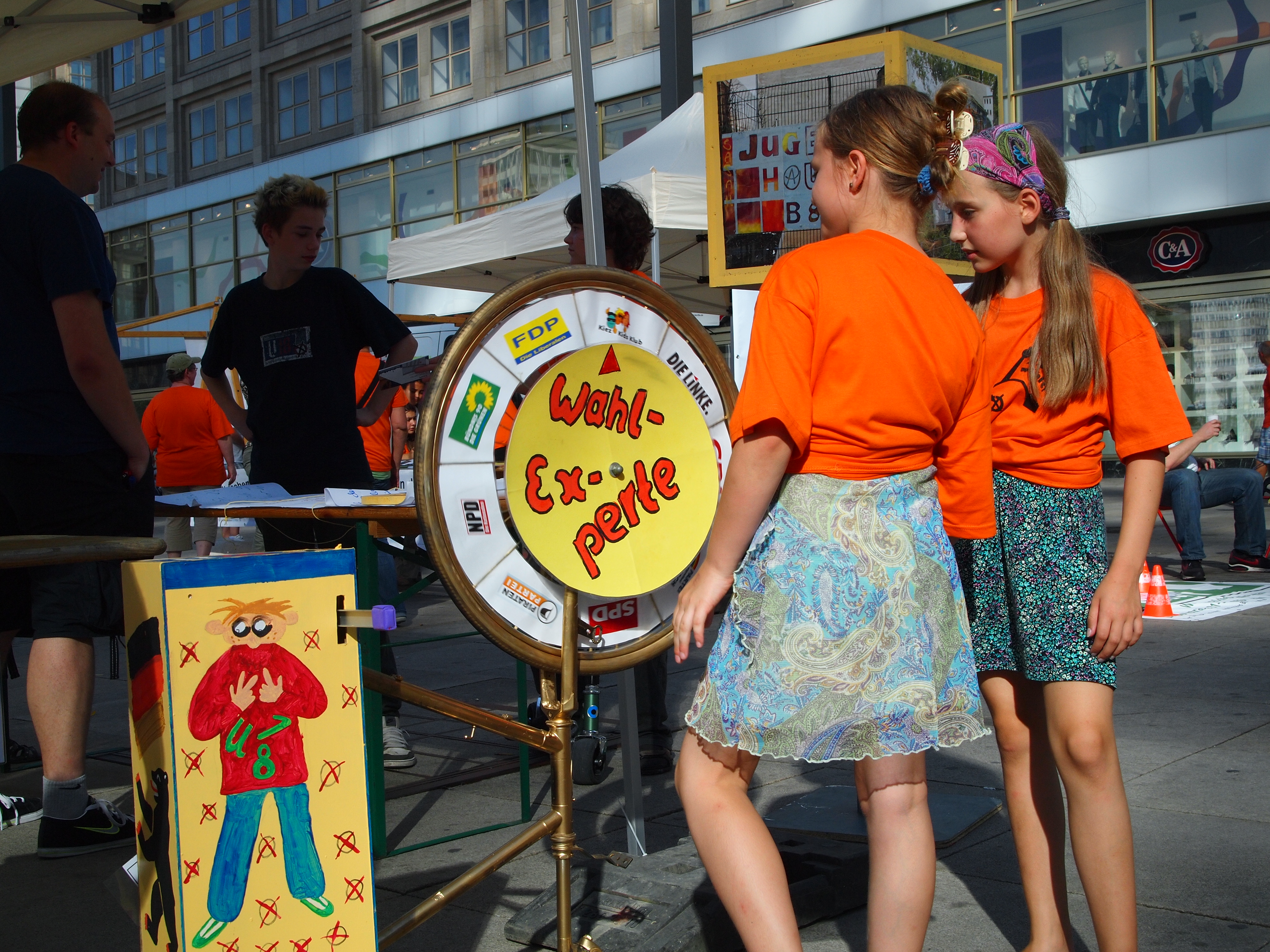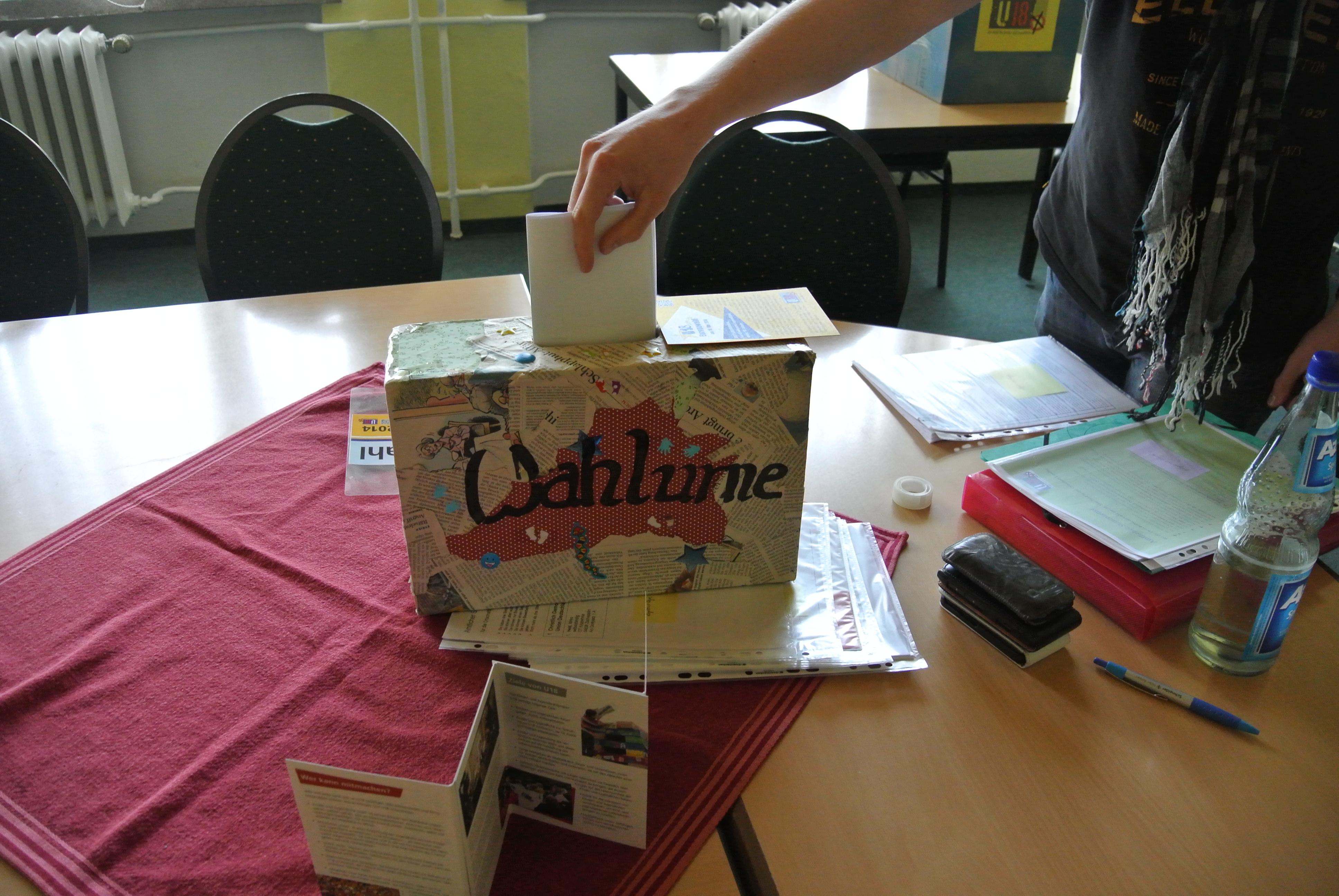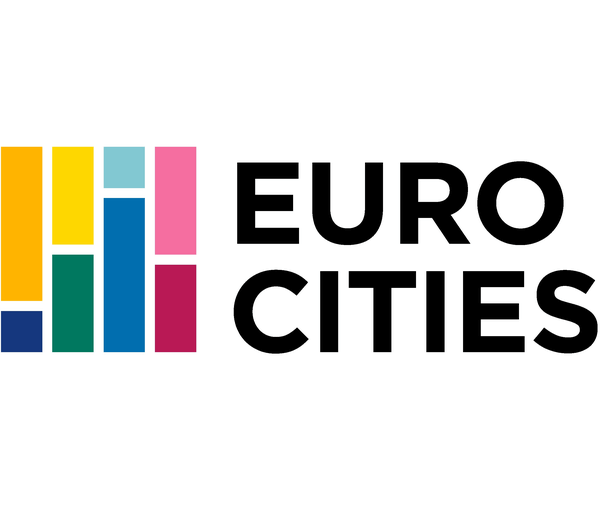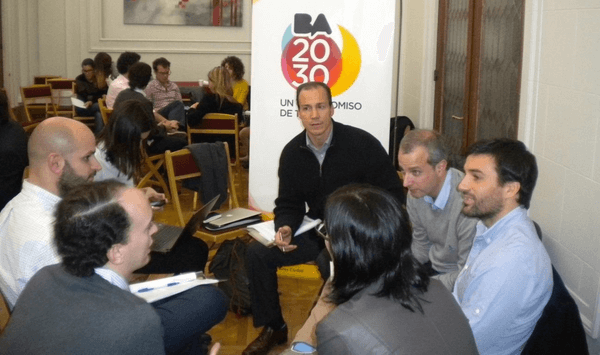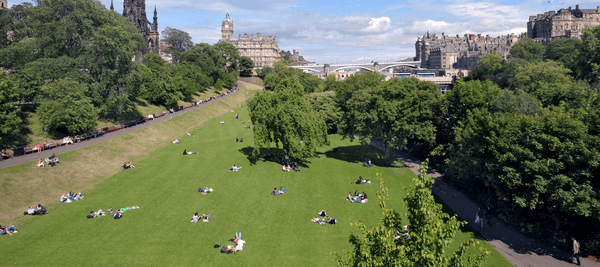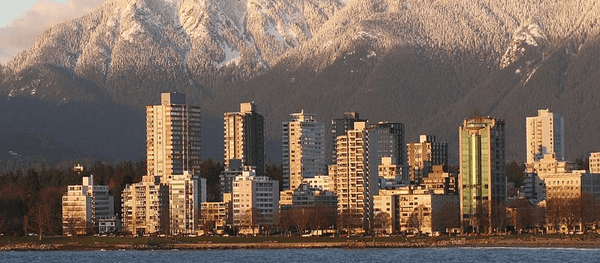Size and population development
In 2019, the municipality of Berlin had a population of 3,669,491 inhabitants, making it the most populous city in the European Union (EU). The larger metropolitan area has about 5 million inhabitants.
Population composition
According to estimations, about one third of Berlin’s population was foreign born or has a migratory background. These inhabitants originate from other parts of the EU—such as Poland, Italy or Bulgaria—as well as from countries outside of the EU, such as Syria, Vietnam or the United States of America. The largest non-native population comes from Turkey: In 2019, more than 107,000 Turkish nationals were registered as inhabitants of Berlin.
Main functions
Berlin is the capital and largest city of Germany. As a city-state it is also one of the country’s 16 Länder, as the federal states are called in Germany. Situated approximately 112 miles (180 km) south of the Baltic Sea, the city lies in the wide glacial valley of the Spree River, which runs through Berlin’s centre. The city extends over an area of 891.7 square kilometres and stands at an average altitude of 34 meters above sea level. After the reunification of Germany and East and West Berlin in 1990, the unified Berlin was re-established as the country’s capital (replacing Bonn, the former capital of West Germany). In 1999, large parts of the Federal Government and the German Bundestag finally moved back to Berlin. Berlin is a city of great historical significance, which becomes evident considering the amount of historical landmarks that visualize the city’s history. Some of the most important landmarks include the Brandenburg Gate (built in 1793), the Reichstag Building (which dates to 1884), remnants of the Berlin Wall (taken down on the 9th of November 1989) or the Holocaust memorial (inaugurated in 2003). Berlin is also a famous cultural hub, known for its world-class museums, theatres, operas and concert halls as well as its vibrant club scene and street art. Finally, the Brain City Berlin is a leading location for science and research. It is home to a number of prestigious universities such as the Freie Universität Berlin, the Humboldt Universität zu Berlin and the Technische Universität Berlin, with more than 35,000 students each as well as renowned research institutions and think tanks.
Main industries / business
As the fourth largest economy of the world, Germany has a wide array of prestigious industries. Berlin is home to a diverse mix of economic activities: state-owned enterprises, creative industries, automotive manufacturers, (digital) media corporations, high-tech and telecommunication companies as well as multiple digital pioneers that flourish in the city’s vibrant start-up scene. Tourism is constantly growing and brings about 14 million visitors (2019) to the city every year.
Sources for city budget
Berlin draws its budget for public expenditure largely from taxes, federal transfers, fees, fines and operating revenues. It is spent not only to provide high quality public services, but also to boost the city’s private sector, civil society engagement and cultural life.
Political structure
The city-state Berlin is governed by the Berlin Senate, which is comprised of 10 senators, and the Governing Mayor. As the capital of Germany, Berlin hosts the Bundesregierung (federal government), the Bundestag (federal parliament) and the Bundesrat (the parliamentary chamber of the 16 Länder). Each of the 16 Länder has a representation in Berlin. On many political issues, the Länder have co-legislative powers vis-à-vis the Federal government. Moreover, Berlin hosts embassies from more than 120 countries from around the world.
Administrative structure
Berlin is administrated by the Senate and its 12 districts or boroughs (Bezirke). The Senate is the city’s central administration, in charge of city planning, public policy, and the regulation of public and private spheres. The district administrations have some decentralized public functions, with reasonable differences between the various localities.
Website
http://www.berlin.de
